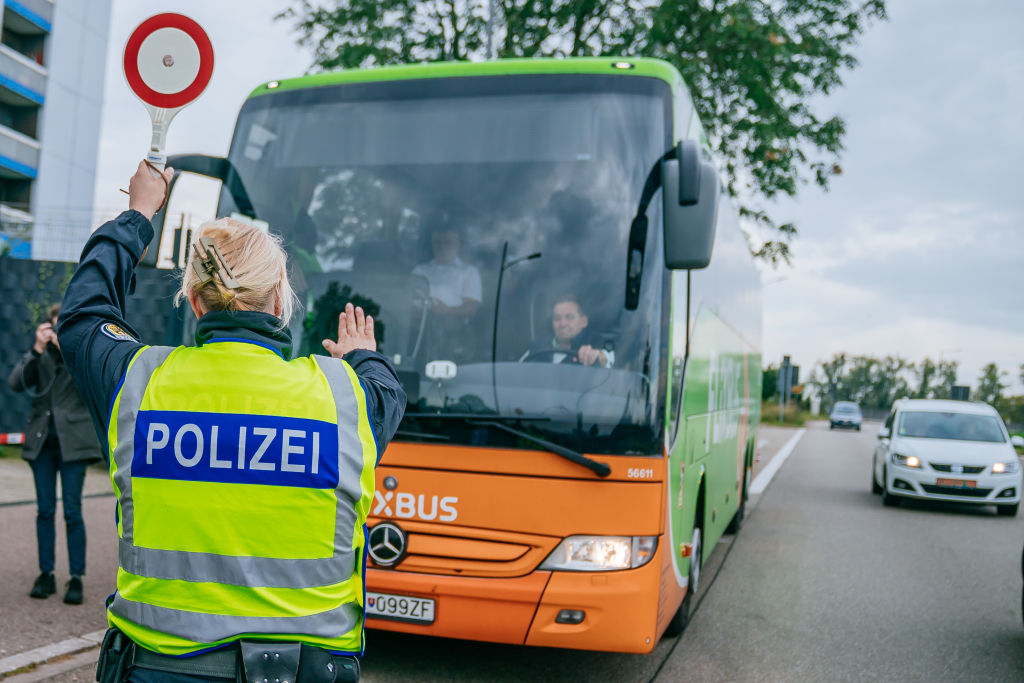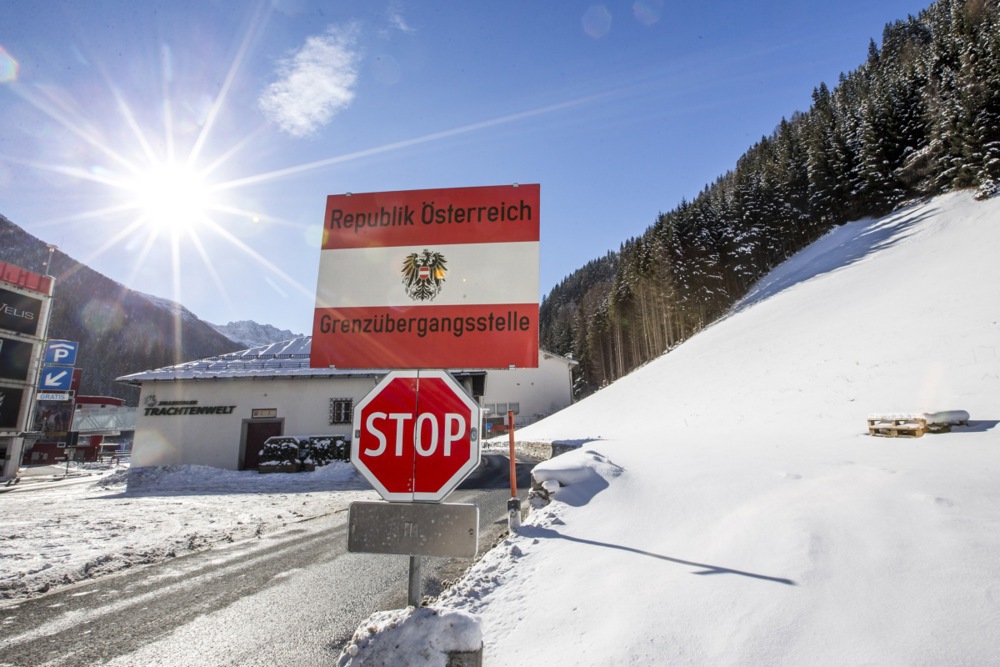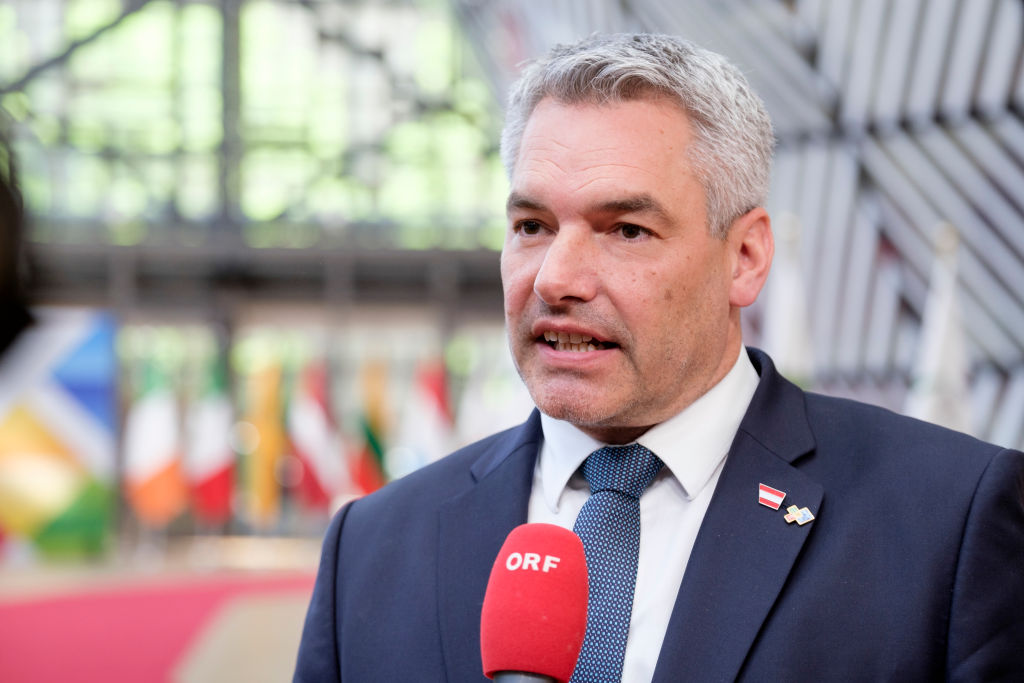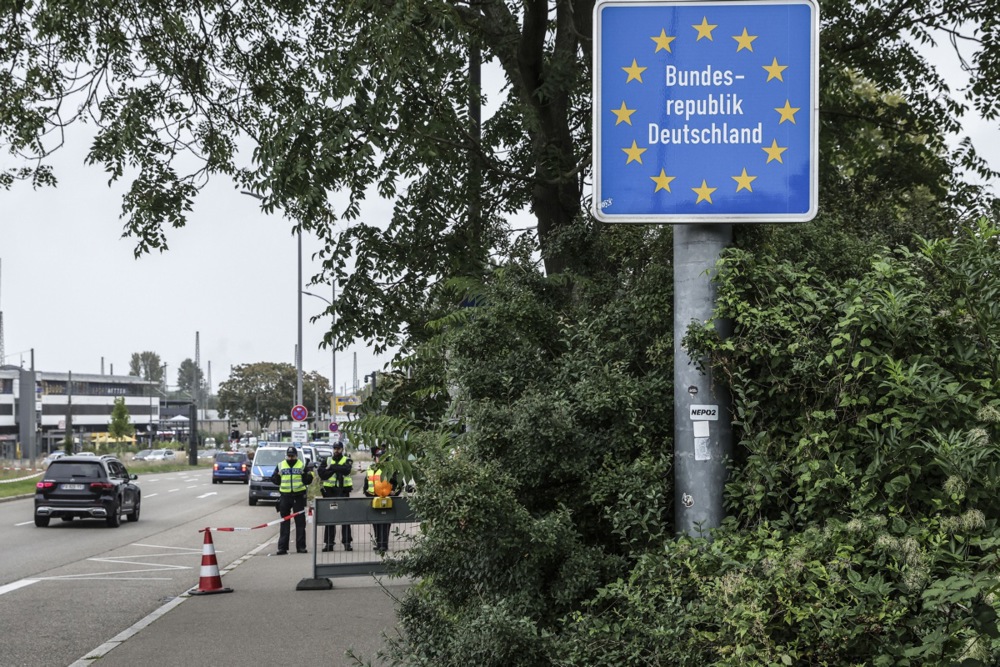Austria has agreed to Romania and Bulgaria entering the border-free Schengen Area after more than a decade of using a veto to block the countries from joining, citing fears of illegal mass migration.
A final decision will be made at the next meeting of European Union interior ministers over December 13-14
In December 2023, it agreed to a compromise, allowing passport-free travel via airports, in exchange for increased border controls on land, more border surveillance infrastructure funding from the EU and a tripling of the Frontex EU border and coast guard missions in Bulgaria.
Now, Austria dropped its remaining resistance and signed the agreement, together with a border protection package.
During a joint press conference on November 22, Romanian Interior Minister Cătălin Predoiu declared that Austria had stopped using its veto power. As a result, he said he was optimistic that Romania would successfully join Schengen before the year’s end. “We crossed a very important line today in Budapest,” he stated.
European Parliament President Roberta Metsola said in reaction to the news: “A stronger Schengen means a stronger Europe. I look forward to a final decision in the coming days.”
European Commissioner for Home Affairs Ylva Johansson called it “an important step” and said “it was a great day to achieve the full freedom of all the citizens of Bulgaria and Romania into the Schengen area”.
European Commission President Ursula von der Leyen said she welcomed the move. “Bulgaria and Romania belong fully to the Schengen Area,” she stated.
“Let 2025 see Schengen become stronger,” von der Leyen added.
The deal marks a big win for the Hungarian Presidency of the European Union, as the country faced considerable pushback in Brussels over its Conservative policies and dissenting voice regarding Russia and Ukraine.
Despite hostility from European detractors, Hungary can now argue it has succeeded in reinforcing the European project, effectively challenging Brussels’ attempts to portray Budapest as opposing European integration.
‼️ Read the full text of today’s joint Hungarian-Austrian-Romanian-Bulgarian declaration agreed in Budapest. This milestone sets the stage for the next step: the @EUCouncil decision on the full accession of Bulgaria and Romania to Schengen.#HU24EU
???? pic.twitter.com/dzpogr3Y67— Hungarian Presidency of the Council of the EU 2024 (@HU24EU) November 22, 2024
If all goes well, a positive vote on Romania and Bulgaria could be held on December 12-13 and, by January 1, land borders between both countries and the Schengen area could be lifted.
The Commission has been pushing for both countries to join the area, saying they had been ready for such since 2011.
But Austria and the Netherlands had long resisted. In 2022, the Netherlands softened its stance, citing improvements on “critical issues” but still had concerns with Bulgaria.
Brussels Signal reached out to the Dutch foreign ministry but as of writing had not received a reply on how it would vote.
Austria remained the last nation opposing both countries’ entry to Schengen.
Citing statistics from the border agency Frontex that indicated unlawful migrants primarily entered the EU from the Western Balkans, Romania and Bulgaria had called Austrian resistance “unjustified”.
The breakthrough happened even as many countries in Europe have reinstated border controls in response to surging migrant numbers.
Schengen is designed to be a passport-free travel area but Belgium, home to the European Union, has now found itself boxed in by neighbours reinstating border controls. https://t.co/7KJ1NtXubJ
— Brussels Signal (@brusselssignal) October 30, 2024





